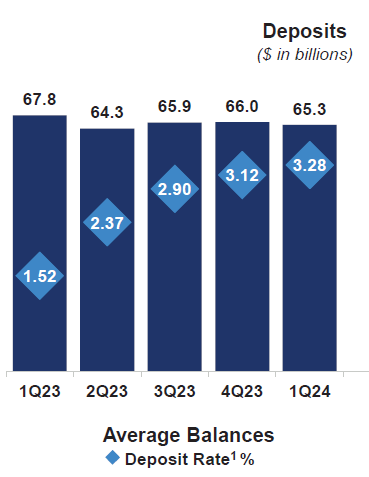Washington, Idaho – The Supreme Court made a significant decision on Thursday regarding abortion restrictions in Idaho amidst medical emergencies. The Court reinstated a lower court order that prevented the state from enforcing its near-total ban on abortion in cases where it was necessary to preserve the mother’s health during ongoing legal proceedings.
This dispute arose from Idaho’s law implemented following the reversal of Roe v. Wade, conflicting with a federal law mandating Medicare-funded hospitals to provide abortions to stabilize emergency medical conditions. Despite initially allowing Idaho to enforce its ban in specific medical situations, the Supreme Court has now dissolved that order by dismissing the state’s appeal of the U.S. Court of Appeals for the 9th Circuit decision.
In a 6-3 split decision, the justices lifted the stay and issued a per curiam opinion. Justices Clarence Thomas, Samuel Alito, and Neil Gorsuch dissented, as the Court refrained from addressing whether the Emergency Medical Treatment and Labor Act supersedes Idaho’s restrictive abortion law in certain circumstances, indicating potential future hearings.
The ruling serves as a victory for the Biden administration, emphasizing the importance of providing access to emergency medical care for women in Idaho amid ongoing legal proceedings. President Biden expressed support for the decision, emphasizing the necessity of ensuring access to essential healthcare services for all individuals in need.
The case highlights the ongoing legal battles surrounding abortion rights following the reversal of Roe v. Wade. The Idaho law, which includes exceptions for rape, incest, and maternal health, has faced challenges from the Justice Department arguing for the prioritization of federal emergency medical treatment laws over state restrictions.
The legal battle underscores the complex implications of abortion laws in various states, with physicians expressing concerns and confusion surrounding the enforcement of restrictive measures. The Supreme Court’s involvement in the Idaho case raises questions about the balance between state laws and federal mandates, reflecting the broader national debate on reproductive rights and healthcare access.
Overall, the Supreme Court’s decision in the Idaho abortion dispute signifies a step towards clarifying the intersection of state laws and federal regulations in the realm of reproductive healthcare. The case is likely to set a precedent for future legal challenges and discussions surrounding abortion rights in the United States.














